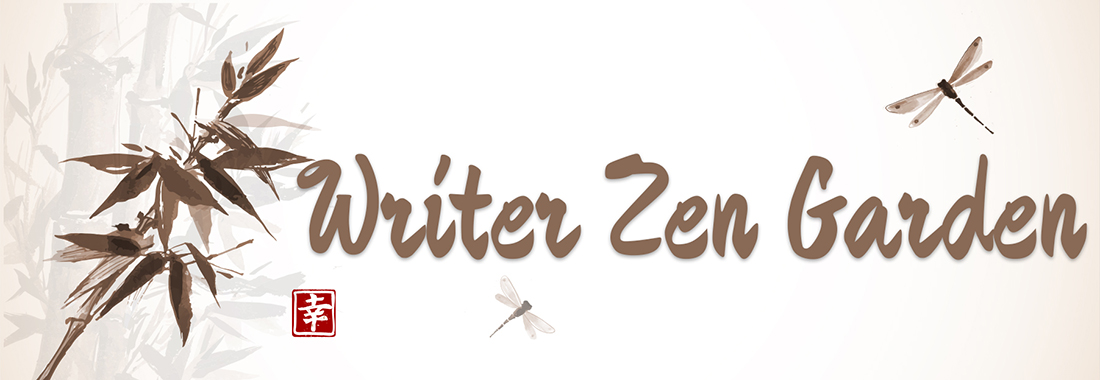M is for Maturing: A Natural Progression or a Forced Act?
Contributed by Jae Sage.
M is for Maturing: A Natural Progression or a Forced Act?
We often hear the term “adulting” tossed around, sometimes with a hint of sarcasm or even dread, as if becoming a mature adult is an unnatural hurdle we must consciously force ourselves to overcome. But isn’t growth, in its essence, an inherent part of the human experience? If not, we might very well still be dwelling in caves, as the old adage suggests. So, why the apparent struggle in recent years to embrace maturing as a natural and ordinary developmental process?
Beyond simply inviting your thoughts and opinions on this matter, I’d like to offer a few perspectives on why the journey to adulthood might feel more challenging today. Perhaps the reality lies not just in actual shifts in the landscape of growth, but also in our perception of these shifts. Furthermore, does growth and maturity inherently equate to prosperity? And how do we even define prosperity in this context? Is it solely about financial security, or does it encompass a sense of meaningful purpose, spiritual fulfillment, or simply the accumulation of material possessions? Let’s consider a few points:
Shifting Sands of Career Growth
The notion of linear career progression, the kind our parents or grandparents might have experienced, seems increasingly like a relic of the past. Is it that career growth isn’t what it used to be, with the rise of the gig economy and rapidly evolving industries? Or is it simply that our perception of career growth has changed, with a greater emphasis on flexibility, purpose, and continuous learning rather than a steady climb up a single corporate ladder?
The Evolving Economics of Adulthood
The sentiment that money is harder to earn and doesn’t stretch as far as it once did resonates with many. Is this an objective reality, considering factors like inflation and wage stagnation for some sectors? Or is it a shift in our expectations and the cost of living in a more interconnected and consumer-driven world? Perhaps both realities contribute to this feeling of financial strain.
Generational Shifts in Parenting
Are parents truly parenting differently than in previous generations? Certainly, access to information and evolving societal norms have influenced parenting styles. Are these changes making the transition to adulthood easier or more challenging for the younger generation? Or is it simply a matter of perspective, with each generation facing its own unique set of parental influences and expectations?
The Landscape of Social Justice and Equity
The assertion that supportive commonality toward social justice and equity is at an all-time low is a powerful one. But is it accurate? While divisions and conflicts certainly exist, arguably, there is also a heightened awareness and vocal advocacy for social justice and equity in many parts of the world. Perhaps the nature of this support and the platforms through which it is expressed have evolved, leading to a different perception.
If maturing is indeed a fundamental biological process, where does that leave the concept of taking adult responsibility? How does it influence our choices to take ownership of our lives, to forge our own meaning and purpose? Does it empower us to advocate for ourselves and others, and are we open to receiving support and advocacy in return?
Finally, let’s remember that maturing doesn’t necessitate abandoning the joys of life. In fact, a healthy form of maturity embraces a sense of wonder, playfulness, and spontaneity. As the old song goes, “Live, love, laugh, and be happy.”
What are your thoughts on these ideas? What else might contribute to our perception and experience of maturing in the modern world?
Best to all,
Jae


Great post. Personally, as I get older I find it much easier to not get hung up on other people’s opinions of me. It’s very freeing. I wouldn’t go back to the junior high version of me, even if I could. Maturing has brought a confidence I didn’t know was possible.